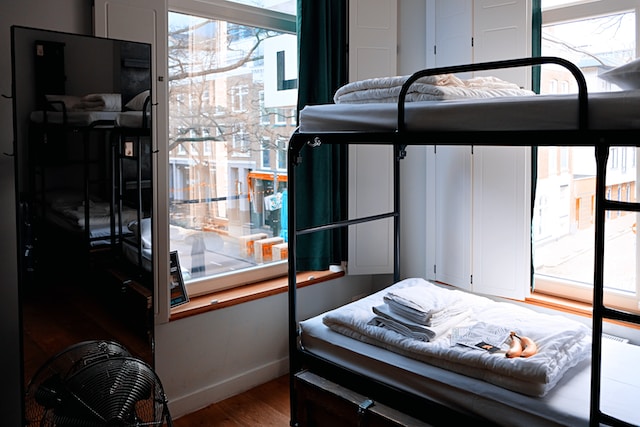Sleep has been to college students what pen and paper are to writers –– an essential tool of the trade.
Ancient philosophers like Aristotle and Pythagoras stressed the importance of sleep for physical, mental, and emotional well-being. Although we may no longer have to worry about being attacked by wild beasts in our sleep, modern-day college students face challenges that make a good night’s rest just as crucial.
From cramming for exams to late-night partying, there’s no shortage of things that can disrupt sleep schedules. But why is sleep so important, and how can students ensure they get enough of it?
In this blog post, we’ll explore the science behind sleep and its vital role in college life. Grab your favorite blanket and cozy up for a dive into the world of sleep.
Enhanced Cognitive Function
The importance of sleep for college students is best understood in the context of mental function. Sleep is an essential part of our daily routine that helps us stay alert and focused throughout the day.
Studies have found that sleep deprivation can lead to:
- Decreased levels of concentration
- Poorer memory recall
- Slower reaction times
All of these impairments ultimately impede academic performance — not something college students typically strive for!
Improved Mental Health and Stress Management
Anyone who has pulled an all-nighter knows how draining it can be. Not only does sleep deprivation affect cognitive performance, but it also affects mental health and stress levels.
Sleep helps us cope with the daily pressures of student life by allowing the body to rest and reset.
Strengthened Immune System
Health is wealth, and you’ll gain much of it with good sleep. Sleep and rest play a vital role in regulating the immune system, allowing the body to fight off colds and other illnesses more quickly and efficiently.
Lack of sleep for college students makes them more susceptible to sickness and other health issues, so it’s important to prioritize sleep when times get tough.
Heightened Academic Performance
Getting the recommended hours of sleep for college students — around eight hours — is crucial to success in the classroom.
When you’re well-rested, your body is better equipped to take on any task that comes your way, including studying for exams or writing papers. Plus, it’s much easier to stay focused and productive when giving your brain the rest it deserves.
Balanced Emotional Well-being
Harvard links sleep and mood, and it’s easy to see why. When you don’t get the recommended amount of sleep for college students, your mood can take a hit.
You may feel irritable and frustrated, which affects relationships with friends, family members, and classmates.
Getting enough sleep each night can ensure that your emotions stay balanced and healthy.
Achieve Better Sleep and Grades Today
How do you ensure better sleep? Here are some sleep tips for college students:
- Aim for eight hours of sleep every night
- Set a consistent sleep schedule
- Avoid late-night snacks or caffeine
- Create a comfortable sleep environment
With just a few small steps, you can get on the path to better sleep and better grades. Get some well-deserved rest!

